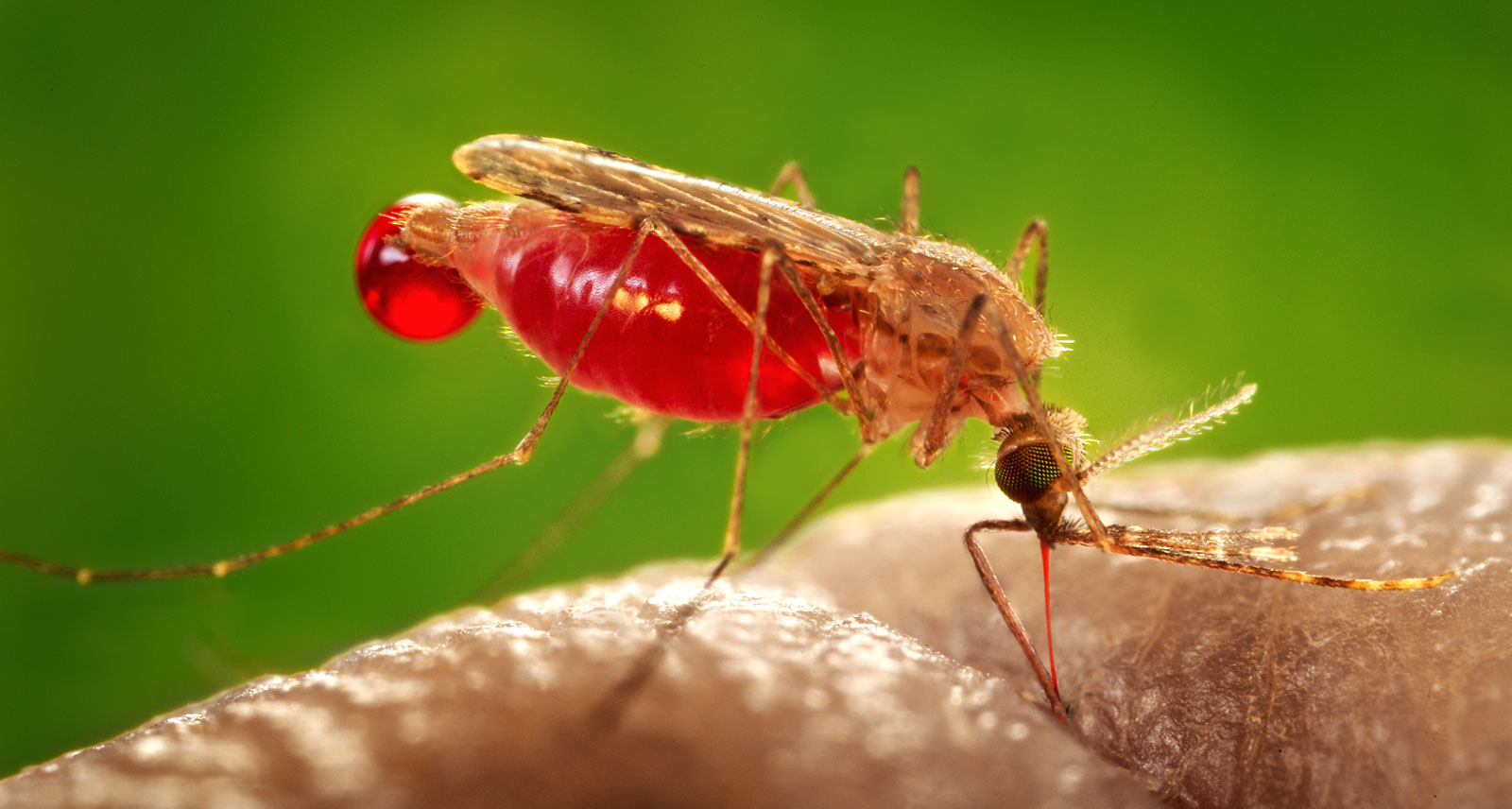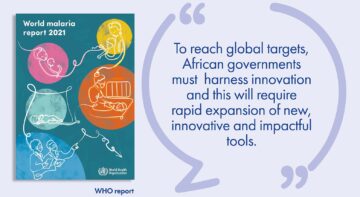Blogs

Vector-borne diseases (VBDs) such as malaria, dengue and yellow fever, cause many illnesses and deaths in Africa. Malaria alone kills over 400,000 people every year, mostly in sub-Saharan Africa. This undermines socio-economic development in the sub-region.
Despite malaria being the most prioritised diseases in the region, progress is stalling. This is largely because the current tools for preventing these diseases are either inadequate, outdated or failing due to insecticide resistance. Share on XAlthough vector control is an effective strategy for addressing VBDs, the evidence base for some key interventions is weak. The few large-scale vector control programmes are focused on malaria and their impact on other mosquito-transmitted diseases is rarely assessed.
The partnership is generating new research and tools for integrated vector control
In 2017, a research Partnership was launched to reduce the VBDs through effective, locally appropriate, sustainable vector control. The Partnership for Increasing the Impact of Vector Control (PIIVeC) brings together leading research institutes and national disease control programmes in Burkina Faso, Cameroon and Malawi to develop evidence-based solutions for integrated vector control.
PIIVeC is generating new knowledge and tools, building local research capacity in vector control, and reinforcing links between researchers and policymakers. These efforts by PIIVeC are timely because apart from malaria, outbreaks of other VBDs such as sleeping sickness and dengue are increasing and spreading in regions where they have never been a threat. This means that African countries and their development partners must urgently focus their limited resources on the most effective and integrated vector control efforts if they are to make progress.
African Union’s Agenda 2063 will not be achieved if vector-borne diseases are not contained. Indeed, one component of these aspirations is to make “African people have a high standard of living, and quality of life, sound health and… Share on XPIIVeC is generating much-needed knowledge and tools to effectively tackle VBDs. According to the Lead Researcher in Burkina Faso, Dr Roch Dabire, “PIIVeC is a scientific pathway to evaluate and propose effective tools for vector control. It is also a technical platform to share and discuss vector control issues with civil society and policymakers”.
This research is being conducted by teams comprising world-leading and aspiring researchers as part of building local capacity for vector control research in African countries. Indeed, ten aspiring researchers who have recently completed their PhDs are involved in this research in the three countries.
Prof. Hilary Ranson, the Partnership’s Lead Investigator, says “one of the exciting aspects about PIIVeC is how it is bringing together individuals, institutes and sectors to work across multiple diseases; traditionally each vector-borne disease was tackled separately with little communication between programmes but there is so much we can learn, and efficiencies to be gained, by looking at the burden of vector-borne disease as a whole’.
The Partnership is also responding to the priority needs of governments
PIIVEC is also working with Ministries of Health (MoHs) to identify their evidence needs and support operational research to meet those needs. PIIVEC and the MoHs have already identified priority operational research areas.
Some ongoing PIIVEC research
- Characterising vector behaviours and the risk of malaria infections in communities in southern Malawi (read more here)
- Molecular markers of metabolic resistance to pyrethroids in Anopheles coluzzi, major malaria vector (read more here)
- Assessment of the epidemiological risk of Chikungunya, Dengue and Zika viruses outbreaks in Cameroon (read more here)
- The effect of disengagement on efficacy of vector control interventions (read more here)
- Impact of native Wolbachia symbionts in host mosquito Anopheles gambiae (read more here)
- Analysis of financing mechanisms for vector-borne disease control in Burkina Faso (read more here)
- Peri-domestic ecology and behavior of Aedes sp. Mosquitoes: West African evidence base for effective control of urban arboviruses (read more here)
- Microgeographic structure, vector control and population dynamics of Glossina palpalis: Impact on human and animal trypanosomiases in the Campo focus, southern Cameroon (read more here)
- Impact of vector symbionts on malaria transmission and control in Cameroon (read more here)
The PIIVeC partnership is funded by the UK Research and Innovation Global Challenges Research Fund (GCRF).
Contact Dr. Chikondi Mwendera on chikondi.mwendera@lstmed.ac.uk or Dr. Nurudeen Alhassan on nurudeen.alhassan@afidep.org for more information on the ongoing work under the PIIVeC Partnership
Related Posts





